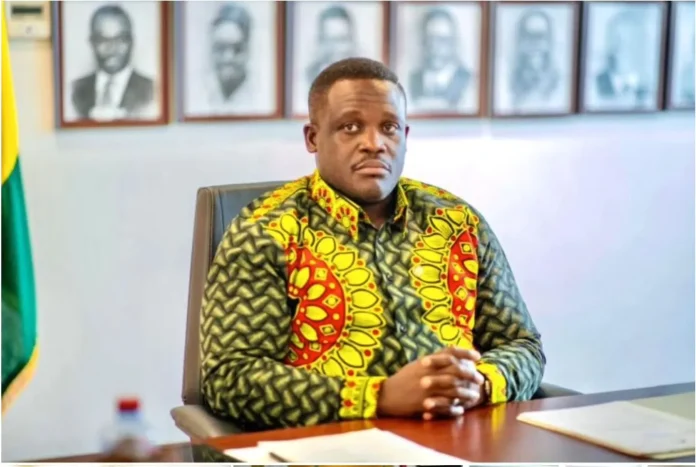In a bold and unprecedented move, the Mahama-led administration has taken a significant step toward digital transformation by enrolling the entire Cabinet in a two-day residential Artificial Intelligence (AI) bootcamp. The initiative, spearheaded by the Minister for Communication, Digital Technology and Innovation, Samuel Nartey George, seeks to equip top government officials with practical knowledge on how AI can accelerate development across sectors.
According to the Minister, the training program marks a historic first on the African continent — and possibly the world — where an entire Cabinet, along with designated AI focal persons from each ministry, is participating in a residential AI immersion.
“As the private sector explores AI integration, it is equally important for the public sector to match pace,” Sam George explained. “President John Mahama has given me the green light to organize this intensive bootcamp, designed to expose Cabinet to real-world AI solutions tailored to their ministries’ needs.”
Developed in partnership with the United Nations Development Programme (UNDP) and leading academic institutions, the bootcamp will introduce practical AI use cases carefully designed for each ministry. These AI-driven solutions are expected to become core performance indicators (KPIs) by 2026, forming the foundation for evaluating ministerial progress.
Sam George further revealed that a team of AI focal persons, already trained and embedded across ministries, will support the rollout of these initiatives. The bootcamp will conclude with a communique to be submitted to the Ministry of Finance, outlining the digital infrastructure required by each ministry to successfully implement its AI strategy.
This communique, once reviewed, will inform the 2026 national budget allocations toward AI infrastructure and development, ensuring each ministry is well-equipped to meet its performance targets using cutting-edge technology.
The two-day retreat signals a major shift in Ghana’s governance model — one that prioritizes innovation, data-driven decision-making, and the strategic use of technology to improve public service delivery.
Source: newsghana.com.gh












